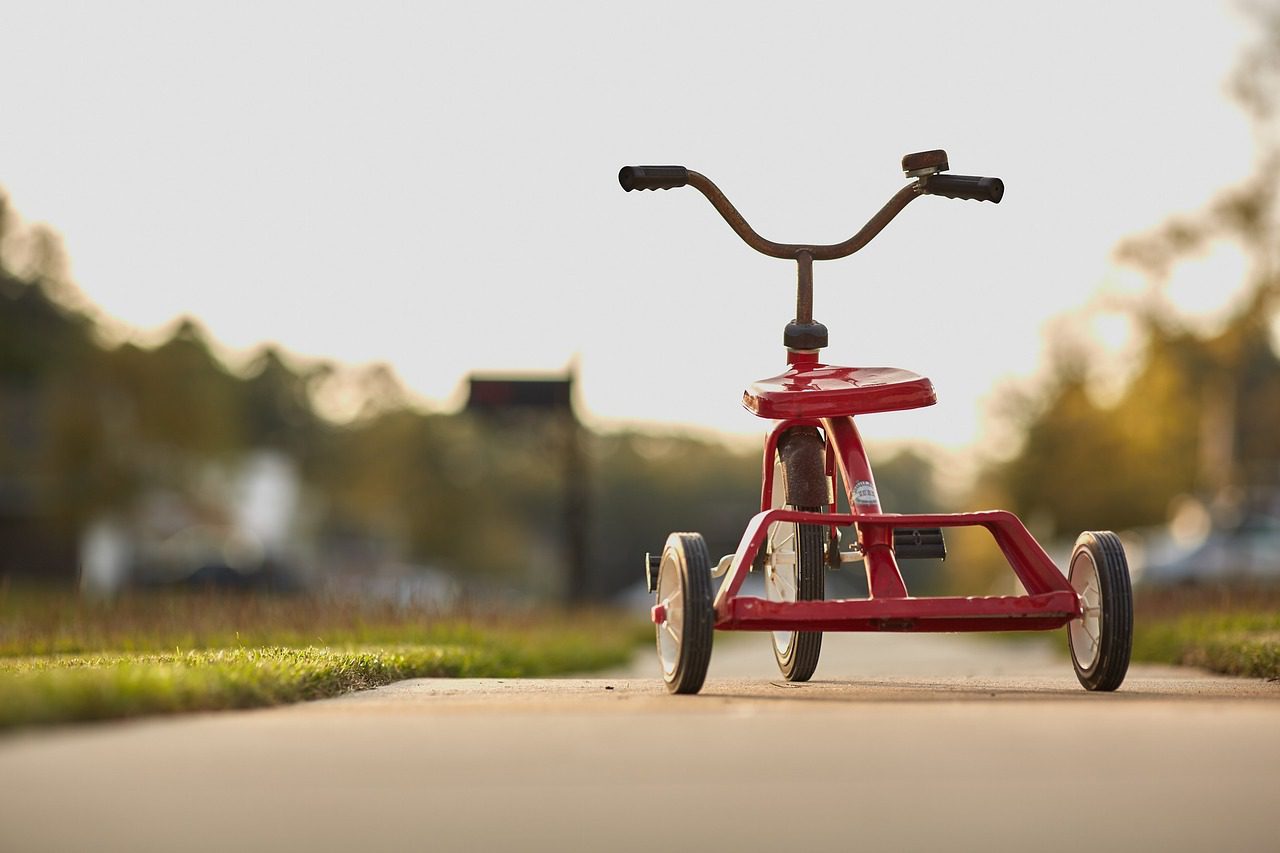
By Marcus Goh and Adrian Kuek
In our meritocratic education system, all that really matters at the end of the day are the numbers in the report book. Besides the mental and physical health of a child, we rarely stop to ponder if they are happy with what they’re doing, since it doesn’t seem to affect a child’s grades.
But a study by Research Schools International, a network of research schools by Harvard, found that happier students had higher grades. They found that there was a significant correlation between happiness and students’ scores from ages 4 to 18.
This means that beyond natural talent and sheer hard work, the happiness of your child can also improve their grades in school.

Happiness, quantified
Happiness is a fairly ephemeral concept. In the study, happiness was defined as having positive feelings and having a sense of purpose, which can be easily measured.
However, happiness in learning does not necessarily mean being given easy work to do. A child can be challenged by difficult tasks or learning assignments and be happy. This means that you can stretch your child and continue to watch him or her grow academically, while still nurturing that joy that comes with pleasant emotions and a sense of direction.

The importance of fun in learning
It’s important to make learning a fun and interesting experience for children, so that they develop the love of learning by themselves. This helps them become independent, motivated, and self-directed learners.
It may not be immediately useful in primary school, but as they progress to to higher levels of education, it’s imperative that they take the initiative in their own learning. One never stops learning, after all, so shouldn’t we make it a joyous experience for our students?
Tips to make learning a happy experience for students
Here are some ways you can make learning something pleasant and fun for your child, so that they will start to love learning by themselves.

1. Don’t just focus on the results
For a child, almost every experience is a learning one. Yet many times, we prize academic knowledge over the actual process itself. We tell our child that learning their time tables is important, but learning who the characters are in The Lego Batman Movie something frivolous.
This trains a child to only value what they can gain out of the learning process, rather than enjoying the process itself. Instead of asking what they learnt, we should ask them how they learnt it. Did they learn their times tables through sheer memorisation or by using rhythms and pattern recognition? What inference skills did they use to learn the identity of the characters in the film?
This will help them to look at the learning process as a positive experience, instead of just focusing on the outcome. Once they appreciate the learning process, they’ll be more inclined to learn because they want to.

2. Don’t demonise mistakes
The process of learning inevitably requires a child to make mistakes, so that they will learn what works and what doesn’t. Unfortunately, our society treats failure as something to be ashamed of. Yet, if we never go wrong, we will never learn what’s right, either.
Remember that Edison and his team had to make over 6,000 attempts before finally creating a light bulb that was efficient and cheap enough for mass production. If they had the same mentality of failure as we do, they would have given up long ago.
So let your child make mistakes, and don’t punish them for it. Instead, make sure they learn from their mistakes so that they will get better.

3. Don’t give kids endless drills
Practice makes perfect, but all work and no play makes Jack a dull boy. You can give your child practice questions to do, but drilling them with piles of textbooks will kill their interest in the subject altogether.
Rather than doing drills, equip them with skills by exposing them to new questions, and then ask them how they would apply those skills in real world contexts. This will help bring the subject to life for them, and help turn it into a fun, hands-on activity. You can still give them practice questions, but make sure that they are for areas they’re weak in, and not just because it gives you comfort to see your child getting the answers right to questions they’re already sure of.

4. Don’t confine learning to just assessment books
It’s difficult to find interesting learning tasks for children to complete, but the effort is well worth it. We sometimes forget that they are still young, and might not be able to see the application of what they’ve learnt beyond what they read on paper.
Showing them how natural phenomena works in science will show them the relevance and usefulness of what they learnt. Finding interesting experiments or unusual ways of applying mathematical formulas will also test them on the same concepts that assessment books do, but in ways that are enjoyable and practical.
Remember, happier kids do better in school, and kids who do well are happy. It’s a virtuous cycle. Have you been investing effort to make learning a fun experience for children?
This article was also published on Yahoo!
Grade Expectations is a weekly feature on education in Singapore. Expect fun activities, useful tips and insightful news on learning. It’s not just about your child’s grades — it’s about raising a great child!
Marcus Goh runs Write-Handed, a creative writing studio. At the same time, he teaches English at The Write Connection. He has been a specialist tutor for English and Literature (Secondary) since 2005.
Adrian Kuek runs Joyous Learning, an enrichment centre that specialises in English, Mathematics, Science and Creative Writing for Primary. He previously served as the academic director of one of Singapore’s largest enrichment centre chains for over seven years.
If you liked the article, follow me on Facebook and Twitter for more (presumably) good updates!
To get in touch with me, send an email!
Leave a Reply